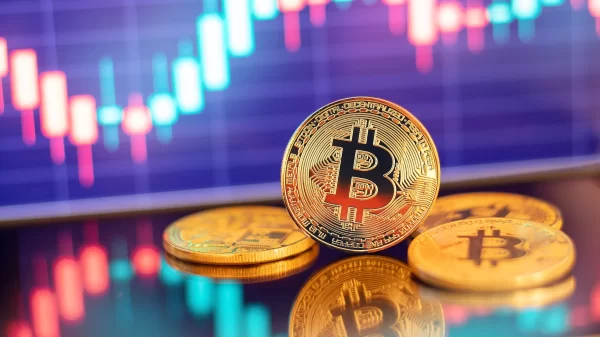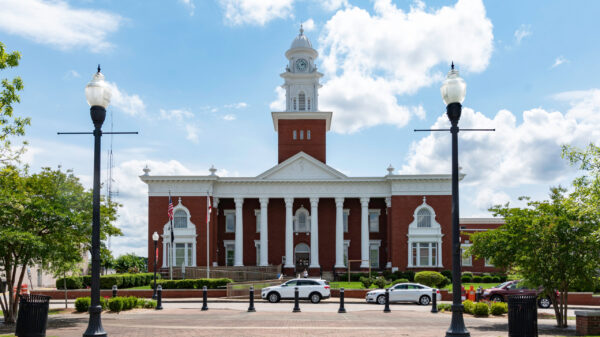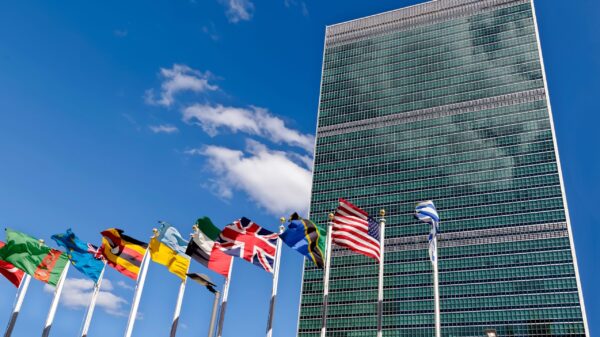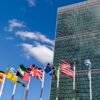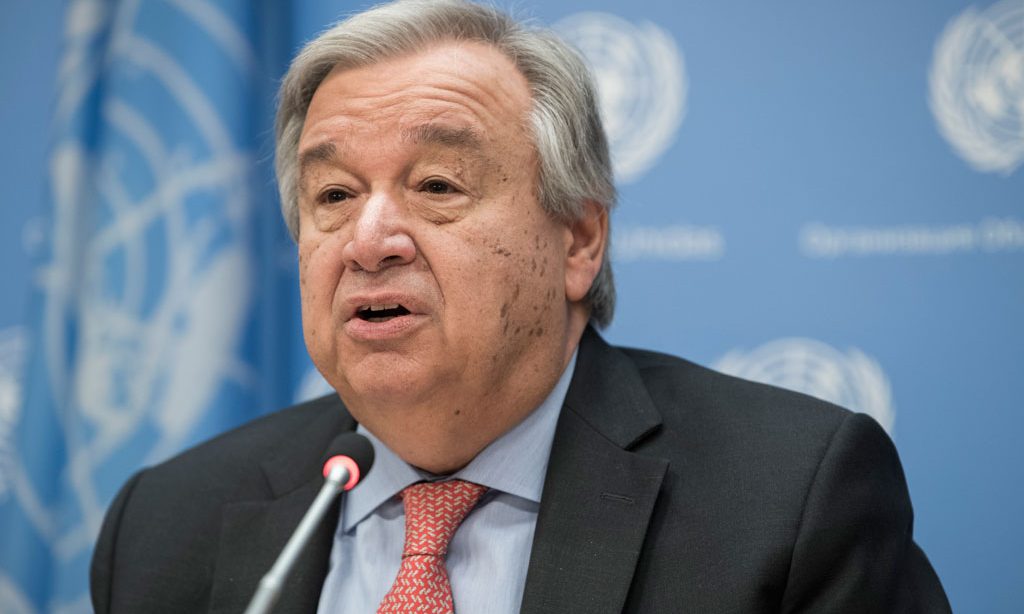By Brandon Moseley
Alabama Political Reporter
The United Nations Rio+20 Summit in Rio De Janeiro, Brazil was billed as the big conference that would create a United Nations EPA, implement Agenda 21 on a global scale, end global warming, end global poverty, redistribute wealth from rich nations to poor nations, and would be a step towards global government. None of that got accomplished in a world that is mired in economic malaise following the 2008-2009 Recession. The Eurozone Crisis and job creation have trumped environmental issues in the minds of most world leaders and the environmentalists are not pleased.
Greenpeace Executive Director Kumi Naidoo said, “Rio+20 has been a failure of epic proportions.”
Iara Pietricovsky, a Brazilian environmental activist, said “We would have liked Ban (the U.N General Secretary) to be more ambitious and to open more forums of dialogue and participation to change this document radically because it does not express what the peoples of the planet want. Rio+20 ends, but our struggle does not depend on Rio+20. It goes beyond that. Unfortunately Rio+20 was a frustrating experience.”
British economist Lord Nicholas Stern (who authored a study on the economics of global warming) said, “The two defining challenges we face today are eradicating global poverty and managing the risks of climate change. But the conference has failed to acknowledge the compelling evidence about the scale and urgency of action required.”
Friends of the Earth official, Asad Rehman said, “The only people dancing in Rio tonight will be those who continue to benefit from a broken economic model that puts profit ahead of people and planet,” said Asad Rehman of Friends of the Earth.
The conference did issue a 53 page document titled “The Future We Want.” The document warned about climate change, desertification, fisheries depletion, pollution, species extinctions, and deforestation. Critics however say that the report is long on rhetoric but short on specifics.
Kumi Naidoo said that the summit draft document was “abstract and disconnected with reality.”
Chairman of Friends of the Earth International Nnimmo Bassey said, “Once again corporate polluters have held UN decision-making hostage to furthering their economic interests, at the expense of peoples wellbeing and the planet. But real solutions to the crises exist and were presented by the alternative Peoples Summit. They include economic justice, climate justice, and food sovereignty.“
Chairman Bassey said, “In 1992 they wanted certain principles to be adopted by the whole world – principles so important they were given the name of the city in which they were born: the Rio principles. But now industrialised governments no longer want to mention the principles explicitly.” “The gains of 1992 are slipping through our fingers. This is the danger of Rio+20. We don’t see any progress. Twenty years have passed and we’re standing still.”
Secretary of State Hillary Clinton (who headed the U.S. Delegation at the Summit) was more upbeat, “A more prosperous future is within our reach, a future where all people benefit from sustainable development no matter who they are or where they live. But let’s be honest. We know what is possible. We know what we could do. But we also know that future is not guaranteed, because the resources that we all depend upon – fresh water, thriving oceans, arable land, a stable climate – are under increasing pressure. And that is why, in the 21st century, the only viable development is sustainable development. The only way to deliver lasting progress for everyone is by preserving our resources and protecting our common environment. So we have come together, here in Rio, to identify practical ways we can all promote sustainable development. And while our views may differ sometimes, I believe we agree on some fundamental principles.”
U.N. General Secretary Ban Ki-Moon said, “The speeches are over. Now the work begins. “Rio+20 has affirmed fundamental principles – renewed essential commitments – and given us new direction. From governments to the world’s biggest companies, from philanthropic organizations to youth volunteers, they are part of a growing global movement for change.”























